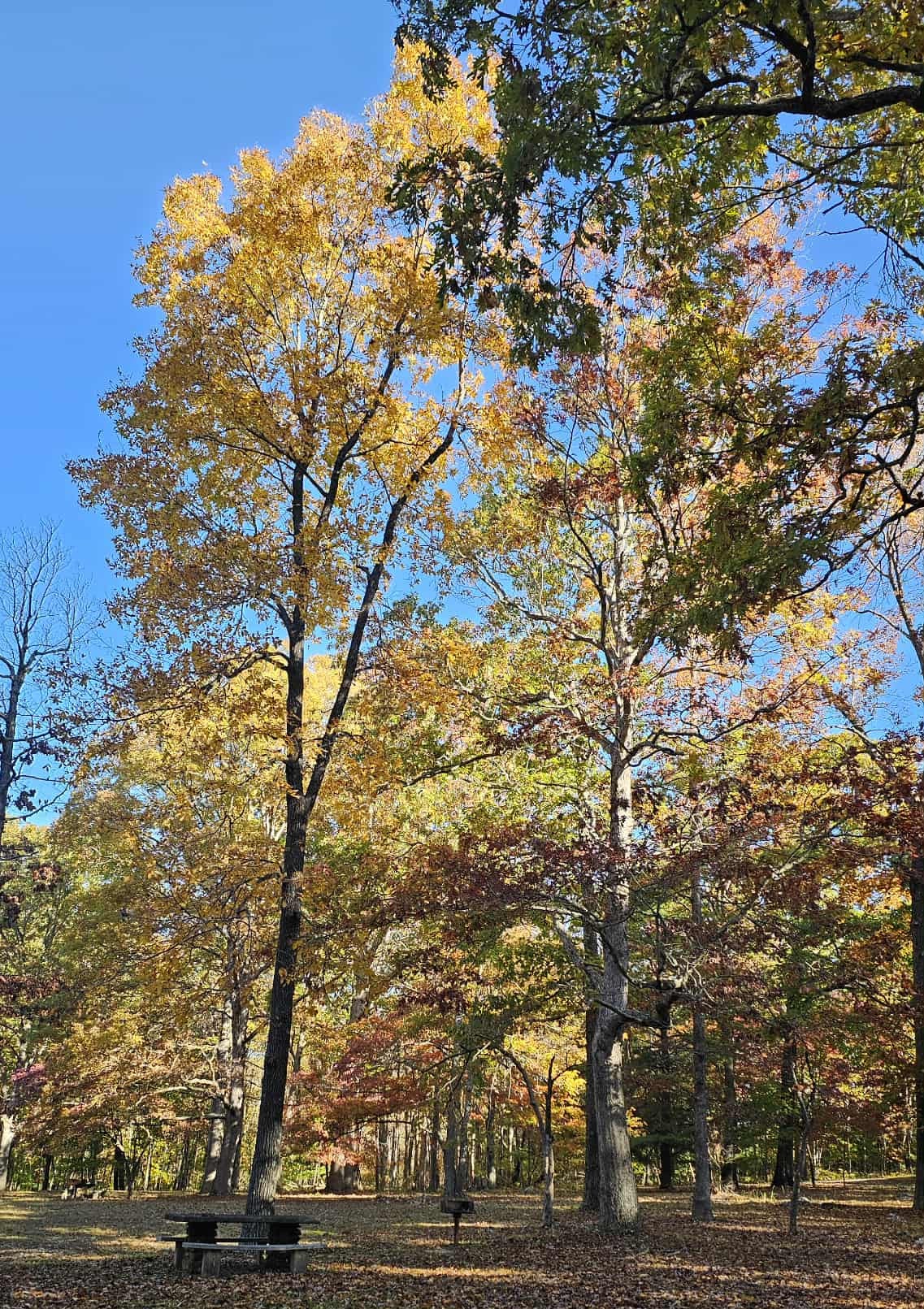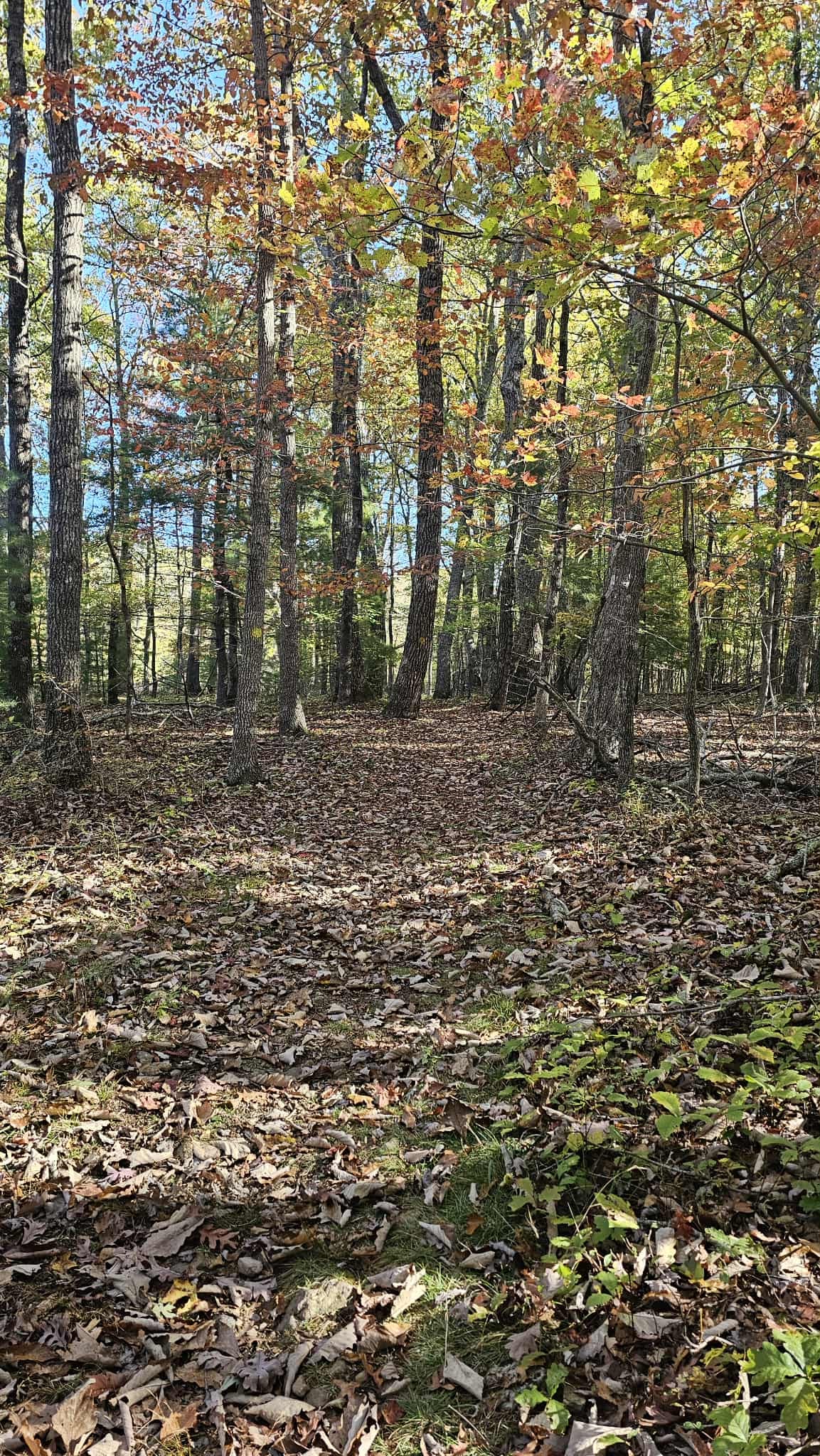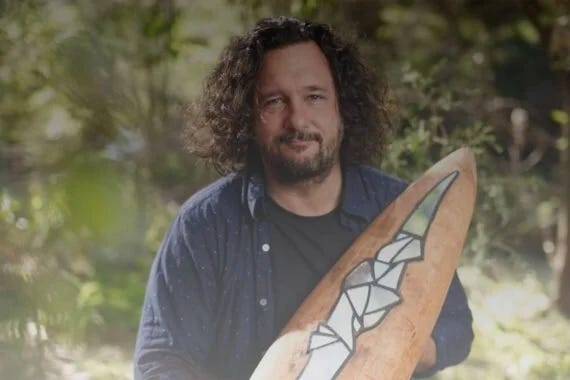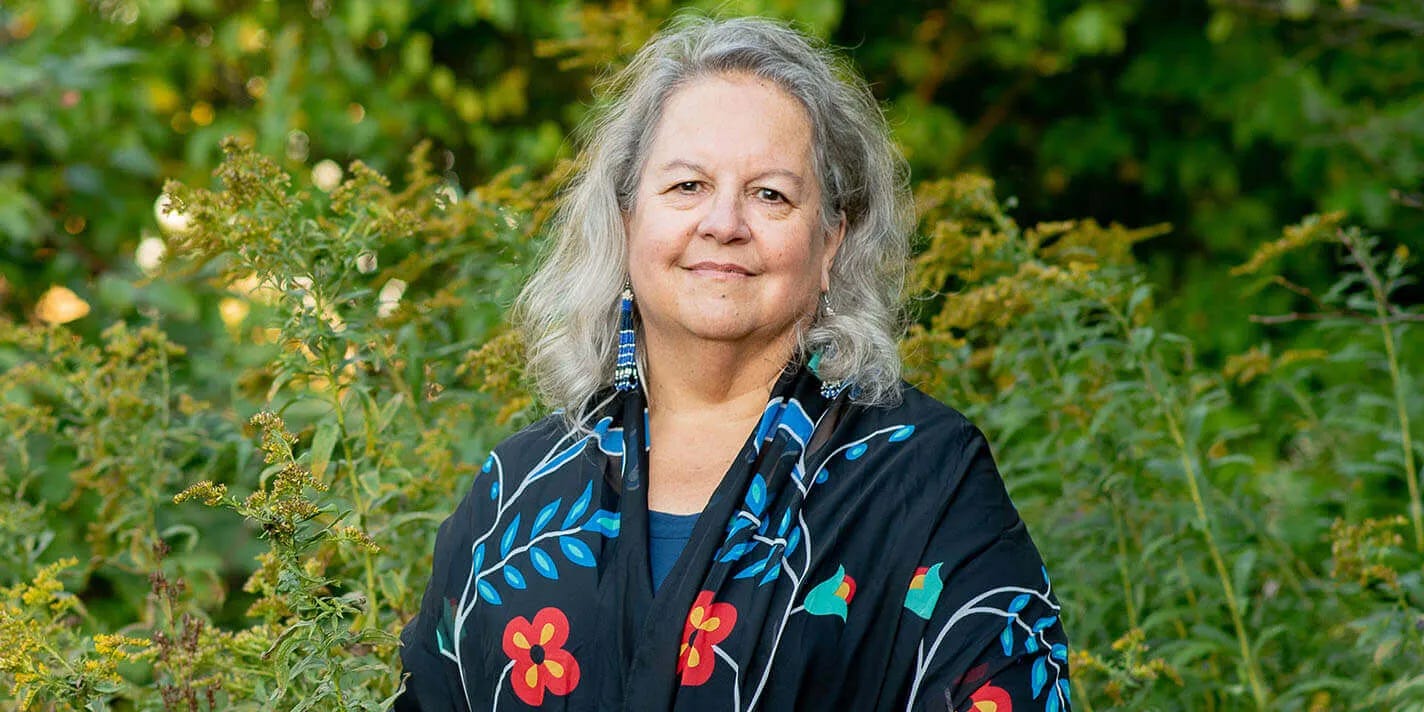Happy Tuesday Everyone,
The week is off to a good start for me, and I hope it is for you as well. I’m deep into reading both Braiding Sweetgrass and Right Story, Wrong Story, and I have to say I’m finding them more and more profound the more words I consume.
A reminder that I will be going live with Nicole Eisdorfer, PhD of Truer Words on Thursday, 10.23.2025, at 12 noon EST / 9am PST, we are going to have an excellent discussion on How Leaders Cultivate Agency through Self-Awareness. Join in, put your thoughts in the comments, and see if anything shifts your perspectives on leadership!
With the arrival of fall full force here in Appalachia, I’m prompted to think of a great many things by the changing colors of the trees, blustering winds, and cold nights that make warm food a bit more comforting.
On a walk this past week, the carpet of vibrant death crunched loudly under my feet, as the multi-colored leaves which once enabled the life-giving process of photosynthesis now fall, echoing the myriad signals and noise I’m seeing stack up in the digital landscape of social media and 24-hours news cycles.
Funnily enough, the sound of my feet wading through that overstimulating sea was calming. It’s almost as if the world around whispered to me that as long as I keep moving forward amidst the chaos, things will work out (though in what way I have no control over).
As with those fallen leaves, the chaos and death will eventually decompose, and become fertilizer for new growth in the next season of growth. The process of decay has meaning, something that as a veteran of the U.S. Army is a principle I’m holding quite close these past few months.
As both individuals and a society, we are obsessed with growth.
Personal growth.
Economic Growth.
Technological Growth.
We tend to expect a linear progression, however if the natural world is any indicator of the requirements for growth to take place, it would seem there is a time for growth, harvest, and stillness.
Isn’t it interesting that we always try to take massive leaps of action on January 1st, New Years Day, in the dead of winter when everything sleeps (here in the Northern Hemisphere at least).
Why do we not wait until spring, when our enthusiasm can be shared by the blooming trees and flowers? I once posted on a different platform something to the effect of. “January 1st is just a day. Why choose only that one to adopt a resolution on?”
The Federal Government’s 12 month financial cycle ends on harvest time, from September to October. In the coaching world, the end of the summer often matches the malaise felt in the August heat, with business slowing down until it’s time to mad-rush before the holidays.
I’d say our individual and collective cycles certainly are out of sync, whether looking at self-improvement, governance, or GDP.
Perhaps, it’s because we aren’t writing, sharing, or reading the “Right Story,” as Tyson Yunkaporta puts it.
“Right story is not about objective truth, but the metaphors and relations and narratives of interconnected communities, living in complex contexts of knowledge and economy, aligned with the patterns of land and creation. Right story never comes from individuals, but from groups living in right relation with each other and with the land. Wrong story, wrong way — this means unilateral or unbalanced ritual, word, and thought.”
Tyson Yunkaporta, Right Story, Wrong Story: How to have Fearless Conversations in Hell. Page 21
If you’ve been reading Alex McCann’s articles lately, you’ll likely see that across the entirety of the global workforce, many people are living out of alignment with each other, absent meaning, living the wrong way due to the external pressures and unilateral constraints put upon us to navigate our careers a certain way.
One thing Alex and I massively agree on, is that there is a fundamental lack of meaning in the modern world. By and large, the world operates on the story that’s been told to us by those who reap the benefits of our time and labor.
“Why so many corporate jobs pay well. They’re not paying you great wages because what you’re doing creates massive value. They’re paying you to forgo the opportunity for meaningful work. They’re purchasing your opportunity cost.”
Alex McCann, The Epidemic of Wasted Talent.
But where I think I diverge from Alex, (and as busy as he is, I hope he gets to respond), is in where and how we find meaning.
Meaning is both individual and collective, they are not separable, yet they are somehow distinct according to our unique perspectives. But it is found, shaped, and cultivated collectively, an animistic child of cultural zeitgeist.
It’s found in the stories and myths we tell ourselves, something I have been writing about since last year before I even started reading Yunkaporta and Kimmerer.
I’m not advocating for conformity, quite the opposite. I’m advocating that in order to regain meaning in this modern world, whether an individual or a leader, we can’t continue to look inward to what makes us unique compared to everyone else. Rather we must look both inward and outward to discover what makes us unique in relation to everyone else, and how that liminality in turns shapes our collective identity.

“Most people struggle to identify work that feels like an extension of them. We’re so used to fitting ourselves into existing roles that we forget to ask what role would need to exist for us specifically.
But you already have hints. It’s the problems that bother you more than they bother others. The connections you make that surprise people. The things you notice that everyone else seems to miss.”
Alex McCann, The Epidemic of Wasted Talent.
Note the words (that are true).
“feels like an extension.”
“ask what role would need to exist for us.”
“the connections you make.”
If we are only focused on what separates us from everyone, how can we feel that extension, who can we ask, what connections can we make? An echo-chamber of one’s mind makes for a self-defeating cycle.
Robin Wall Kimmerer’s words give historical context and creedence to this train of thought:
“Children, language, lands: almost everything was stripped away, stolen when you weren’t looking because you were trying to stay alive. In the face of such loss, one thing our people could not surrender was the meaning of land. In the settler mind, land was property, real estate, capital, or natural resources.
But to our people, it was everything: identity, the connection to our ancestors, the home of our nonhuman kinfolk, our pharmacy, our library, the source of all that sustained us. Our lands were where our responsibility to the world was enacted, sacred ground. It belonged to itself; it was a gift, not commodity, so it could never be bought or sold.
These are the meanings people took with them when they were forced from ancient homelands to new places. Whether it was their homeland or the new land forced upon them, land held in common gave people strength; it gave them something to fight for. And so - in the eyes of the federal government — that belief was a threat.
Robin Wall Kimmerer, Braiding Sweetgrass, Indigenous Wisdom, Scientific Knowledge, and the Teachings of Plants. Page 17.
Again, there is that word …. meaning.
It seems that the extractive control processes that separated meaning from identity for the indigenous peoples in North America and the Global South have continued to grow in root and strength, so that what we have been told gives us meaning (the value we provide to our workplaces) is no longer fullfulling it’s end of the promise. It’s no longer worth fighting for, yet we must continue to work in order to live.
Now, in the Global North, the processes are affecting those previously or currently still with privilege, with everyone comparing themselves to each other online while unable to pay their bills, recharge, or do anything other than keep a stoic face.
The ability to connect to the world around us while standing in ourselves has been removed.
We no longer have “self” or “collective” awareness of how we are connected together, and in perceiving the world as just “self” our agency to create meaning is further eroded. Our stories of success are “wrong,” and they glorify extractive self-sacrifice at the expense of our connection to what makes life worth living.
Despite living under the wrong story, we are more connected than ever before, but these threads are woven for control, not community. The AWS outage this morning that took down half the internet is proof of it. If there was ever an argument to go develop local community and connections, that would be it.
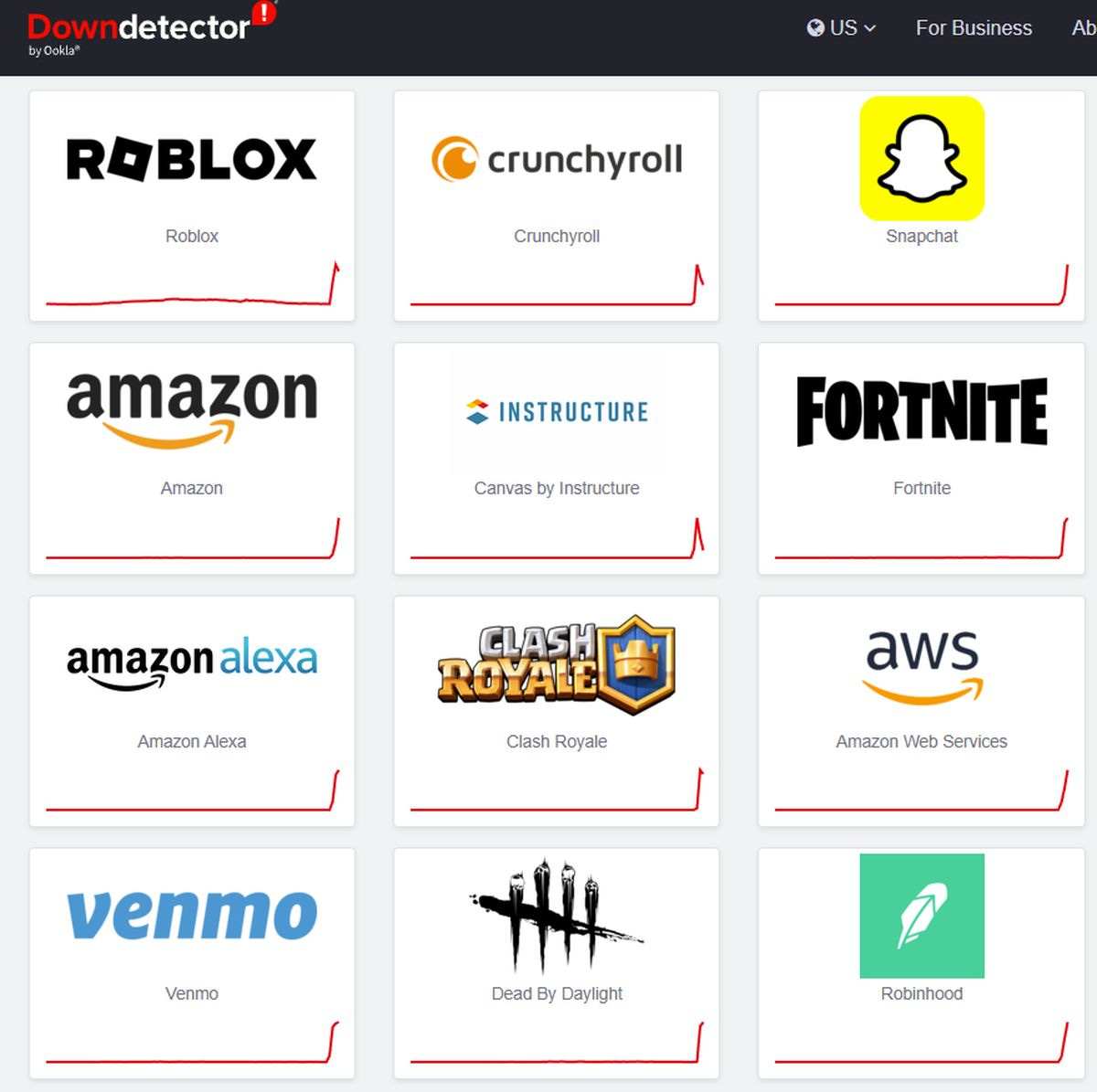
Meaning is irreplaceable. But we cannot create it in a vacuum.
The thoughts today will likely bleed into tomorrows discussion with Nicole, and I’ll keep exploring them with you over the next few weeks. I’ll leave you with one last quote:
“The trees, especially, we recognize as our teachers. But it seems no one listened that summer when the Pecans counseled: Stick together, act as one. We Pecans have learned that there is strength in unity, that the lone individual can be picked off as easily as the tree that has fruited out of season. The teachings of the Pecans were not heard, or heeded.”
Robin Wall Kimmerer, Braiding Sweetgrass, Indigenous Wisdom, Scientific Knowledge, and the Teachings of Plants. Page 18.
Let’s remember that we plant roots in the soil, not the cloud.
We can send our seeds of meaning out into the world on those digital winds, but if we are to be part of an irreplaceable story that provides meaning to ourselves and others down the road, we must find internal grounding through our shared, collective soil: community.
I’ll see you Thursday on the livestream,
Chris
Contour Lines is my anecdotal newsletter segment that weaves whats going on in my life with my thoughts on leadership as well as personal and organizational development.
I’m currently focused on using an animistic lens to examine how leaders can become better stewards of their organizational and societal ecosystems.
If something resonates, leave a comment, or reach out to chat - I always love hearing people’s stories.
Want to chat about personal growth or walking a path of authentic leadership but aren’t sure were to start?
You are always welcome to book a free call to either get fresh perspective or see if we’d work well together in cultivating your capacity to lead.
I offer a variety of services, 1:1 coaching, group programs, and leadership development program consultation. When you are ready, lets talk.



